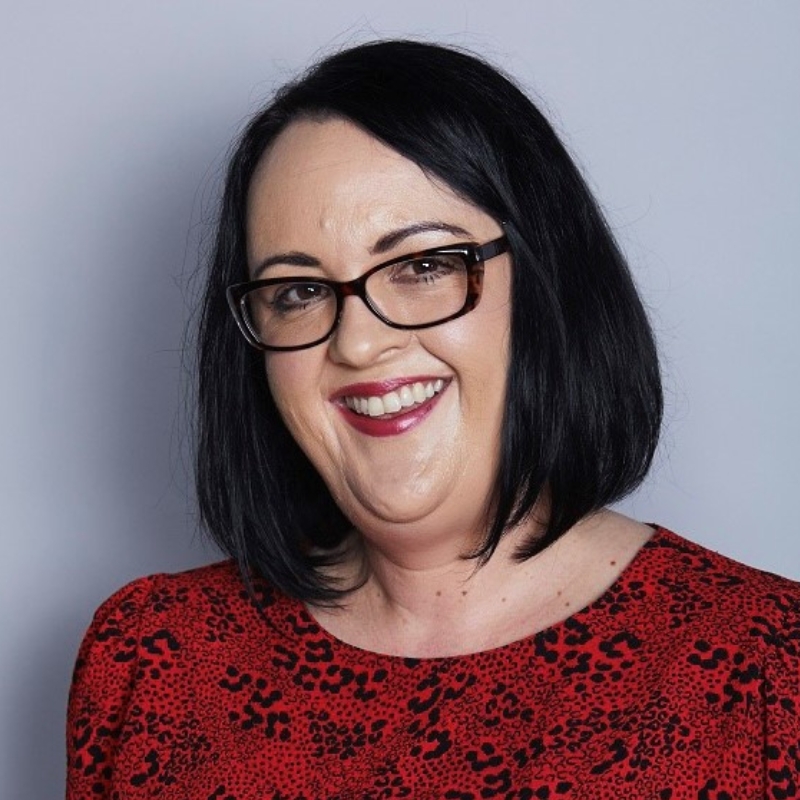
Deanne Chini
It wasn’t until a career hiatus after 30 years in the corporate world when HR professional Deanne Chini was enjoying a day out socialising and wearing shorter sleeves than usual that she unexpectedly noticed a mole on her forearm had significantly changed in appearance.
Growing up in Sydney’s Sutherland Shire during the 70s and 80s, Deanne enjoyed a typical Aussie childhood and adolescence spent largely outdoors and unprotected from the sun. With her olive skin Deanne never dreamed that her sun-tanning ways of her youth would impact her health many decades later. Fast forward to her 40s and Deanne found herself requiring plastic surgery to remove BCCs (basal cell carcinomas - usually the least dangerous type of skin cancer) from her face and nose.
It was due to these experiences - along with having had a grandmother with melanoma, a cousin who had passed away from melanoma, and caring for her mother through various skin health scares - that Deanne instinctively knew immediate action was needed when she realised her mole had increased in size and had become darker in colour.
Within two days, a biopsy of Deanne’s mole was sent to pathology for further investigation. Despite her family’s history, Deanne says she never believed it could happen to her and subsequently found herself in a state of shock when her GP called on a Friday evening confirming the results as Stage 0 melanoma (also known as melanoma-in-situ).
Listening to her GP, memories of her cousin and mum came flooding back, but she was also buoyed by the knowledge that thanks to early detection and knowing that melanoma-in-situ is highly curable with a close to 100% five-year survival rate, her prognosis was positive and encouraging, unlike her cousin who had passed away in her twenties leaving behind her nine-month-old son.
With a corporate background in organisational development and transformation, Deanne is now keen to utilise her skills to share her personal story in the hope of helping others understand the importance of prevention, early detection and the long-term consequences of spending too much un-protected time in the sun.
“I was shocked, but not surprised to learn that melanoma is the most common cancer in Australia amongst 20–39-year-olds and that one Australian dies from the disease every six hours. It’s clearly a significant public health problem that needs to be addressed through awareness, education, and a change in the way us Aussies think about tanning.”
“It’s so easy to think diseases like melanoma happen to someone else. I hope that by sharing my story about early detection, it makes melanoma very real and serves as a reminder that there’s no such thing as a safe tan – and a tan is certainly not worth dying for.”




Akeem Alade says:
Yisa says:
Portia says: